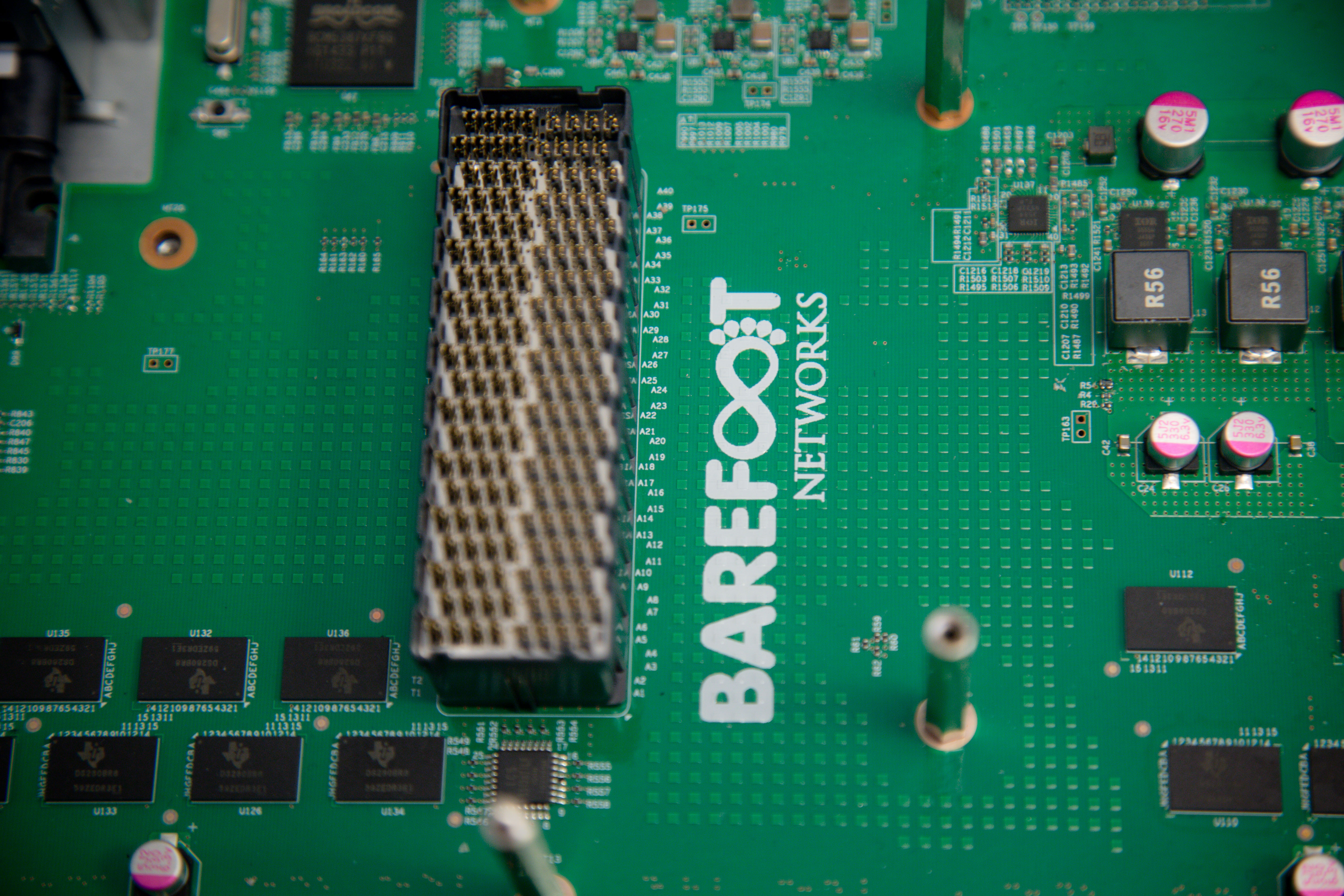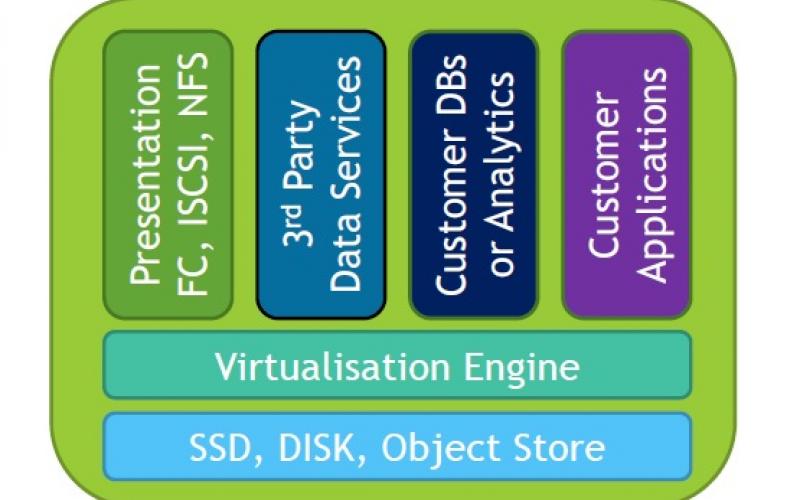The once-staid worlds of networking and storage have become hotbeds for innovation as software takes a bigger role in enterprise infrastructure. With a number of startups leading the charge, software-defined networking continues to shake up an industry that had been tied to the speeds and feeds of the latest hardware. Meanwhile, software-defined storage startups are breaking new ground with profound implications for the data center.
This summer unleashed even more innovation as new startups emerged out of stealth. In June, four networking startups launched products with bold claims of revolutionizing enterprise networking. The launches came with lots of talk about the need to fix things. Some entrepreneurs argue that what the industry has done so far with SDN and open networking has fallen short, and tout their technology as simplifying the job of designing and managing networks.
Similarly, one of the new storage startups, NooBaa, argues that the industry has failed to deliver true software-defined storage, a shortcoming it addresses.
In networking, the recent spate of startups is part of a continuing evolution of the industry as startups are created to tackle new requirements in the rest of the infrastructure, Dan Conde, analyst at Enterprise Strategy Group, told me.
"Networking serves the needs to tie the rest of the infrastructure together, so as new needs arise -- such as more bandwidth that travels east-west, more intruders coming through networks, rapidly created/destroyed workloads in containers, or programmability -- the networks need to change to meet their needs. Changes in one area affects another," he said.
Some startups, like 128 Technology – which describes its mission as fixing the Internet -- seem to be a reaction to the complexity that develops when traditional solutions are built on top of each other, he added.
Continue on to check out the tech startups making a splash this summer.


















